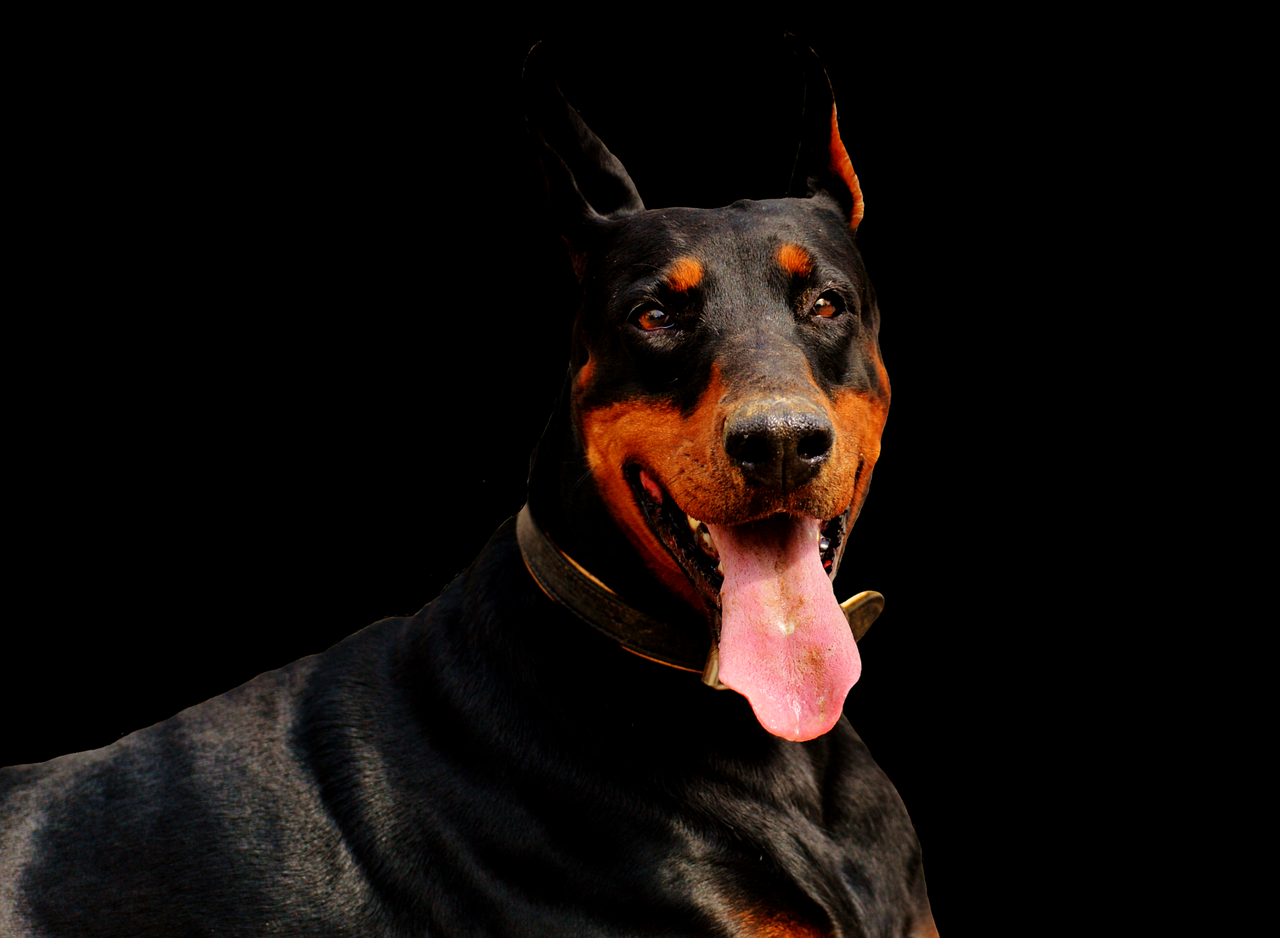The 5 most common health problems in Dobermans

Dobermans, known for their sleek coat, athletic build, and alert nature, are an impressive breed. Although generally healthy, Dobermans are prone to some breed-specific health problems. Understanding these health problems and their early warning signs can help ensure your Doberman leads a healthy and happy life.

-
Dilated cardiomyopathy (DCM)
DCM is a common heart disease in the Dobermans, characterized by an enlarged heart and weakened heart muscle. The early signs can be difficult to spot, such as lethargy, loss of appetite, or fainting. As the disease progresses, symptoms may include coughing, abdominal swelling, or rapid breathing. Regular veterinary cardiovascular examinations can help identify DCM at an early stage, improving management efficiency.
-
Von Willebrand disease (vWD)
vWD is a blood clotting disorder commonly seen in Dobermans. Affected dogs may bleed excessively from minor wounds, have frequent nosebleeds, or show signs of anemia such as pale or lethargic gums. If your Doberman has any of these symptoms, immediate veterinary care is crucial. Genetic testing is available to identify vWD carriers.
-
Hip dysplasia
Hip dysplasia is an inherited condition characterized by improperly formed hip joints. This can lead to pain, limping, or difficulty moving. Over time, it can lead to arthritis. Signs to look out for include decreased activity, difficulty standing, or reluctance to climb stairs or jump. Regular veterinary exams can identify hip dysplasia early, and treatment can range from medication to surgery.
-
hypothyroidism
Hypothyroidism, in which the thyroid gland does not produce enough thyroid hormone, can lead to many symptoms in Doberman, including weight gain, lethargy, hair loss, or dry skin. If your Doberman has any of these symptoms, a simple blood test can confirm hypothyroidism. Treatment usually includes a daily thyroid medication.
-
Gastric dilatation – Gastric volvulus (GDV)
Also known as flatulence, GDV is a potentially life-threatening condition common in large, deep-chested breeds like Dobermans. GDV occurs when the stomach fills with gas and twists, preventing gas from escaping. Symptoms include a bloated or distended abdomen, unsuccessful attempts to vomit, excessive drooling, and restlessness. GDV is a veterinary emergency requiring immediate intervention.
In summary, although Dobermans are generally a healthy breed, being aware of these common health problems and their signs can help with early detection and treatment. Regular veterinary checkups are important, as is a balanced diet and regular exercise. If you notice any changes in your Doberman’s behavior or physical condition, seek veterinary advice immediately. With proper care and attention, your Doberman can enjoy a long, healthy and active life.




